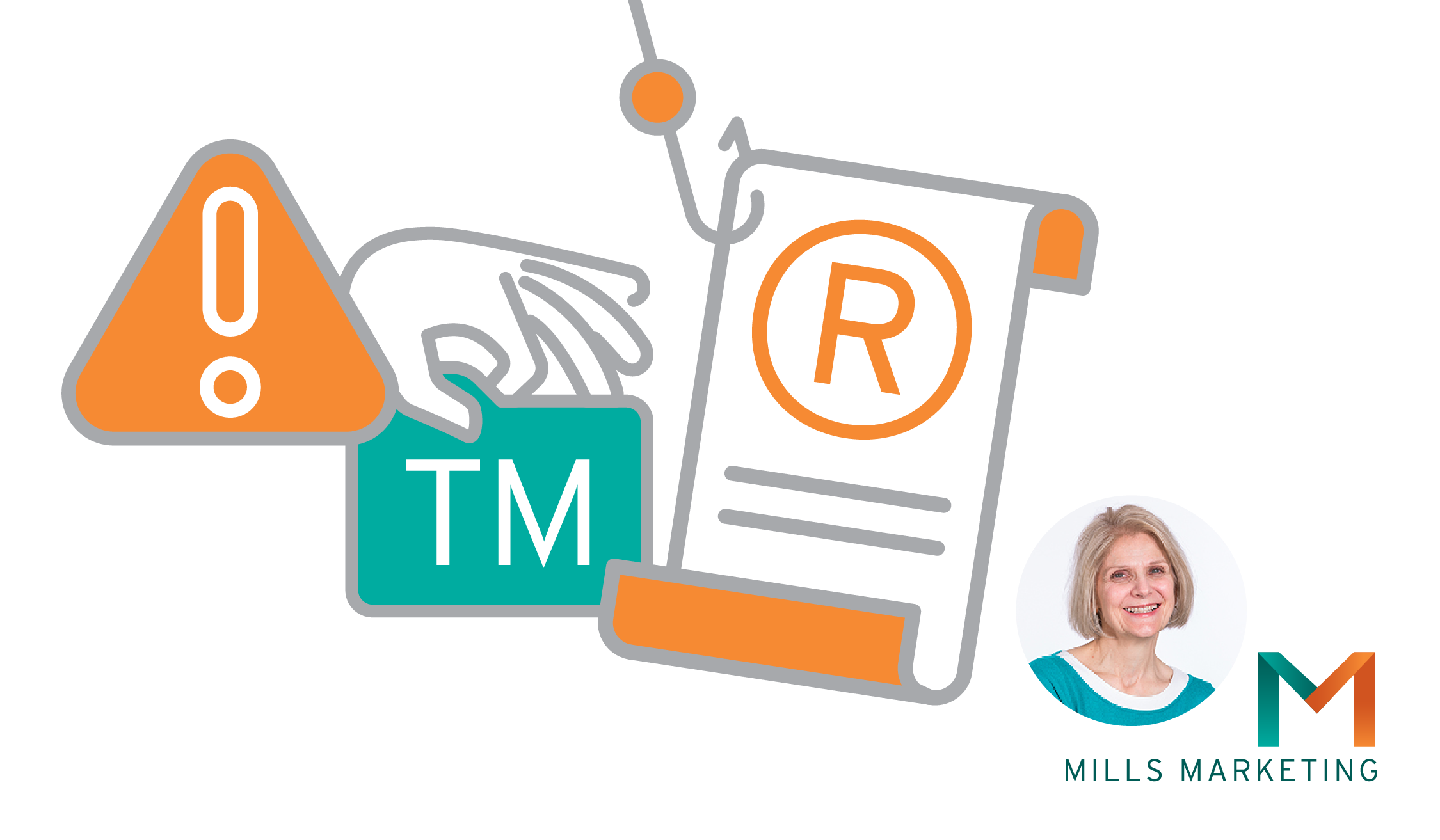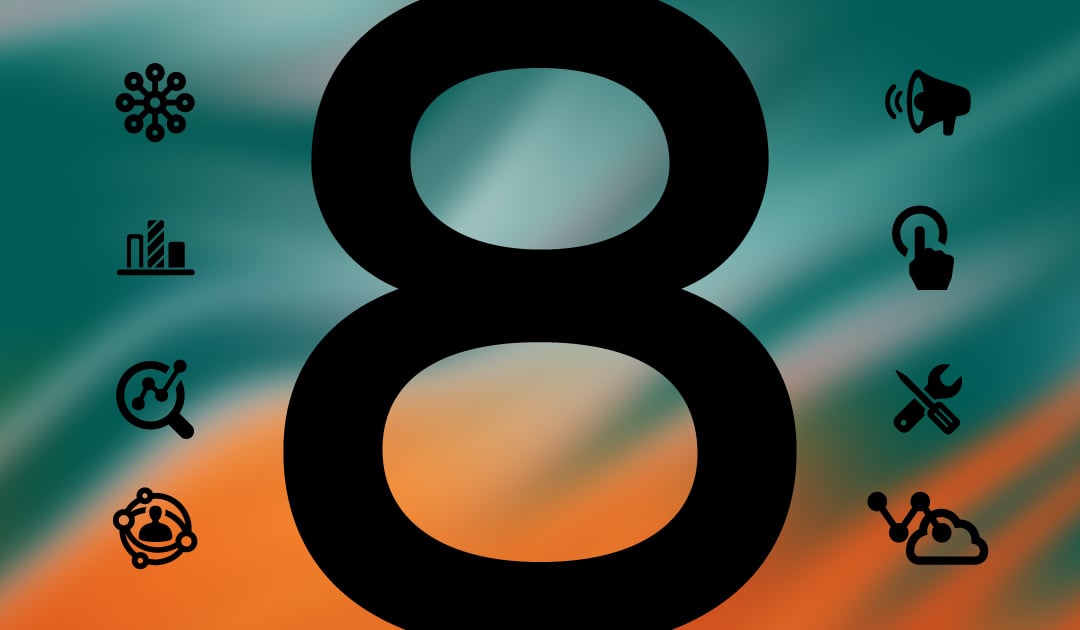3 min read
Don’t Fall for the “Deepfake”
Follow these 4 tips to avoid this tricky AI-enhanced scam. Are you familiar with the term “deepfake”? No, it’s not some schoolyard football play...

Trademark scams have been around for years; we just didn’t often hear about them.
Over the years, I’ve occasionally gotten questions from clients about whether an email or letter they received was a trademark scam.
Recently, I received a client question regarding a possible scam email. I was sure it was a scam and confirmed it with our trademark attorney, Christine Lebron-Dykeman, Partner, from McKee, Voorhees & Sease, PLC. About a month later, Lebron-Dykeman contacted me to let me know they had seen a significant increase in trademark scams. She attached their MVS Brief Newsletter and encouraged me to read the article “Trademark Scams,” written by her colleague, Michael C. Gilchrist.
Since these scams have significantly increased, now is a good time to help educate our clients and others regarding the information from Gilchrist’s article and The United States Patent and Trademark Office (USPTO). I believe the more you know about common scams will help you to avoid falling for one of these schemes.
Common Trademark Scams
Fake Solicitation
In this scam, the criminal basically claims that another company is applying for a trademark for your business’s name. Here are a few excerpts to be aware of:
“Despite our repeated attempts to establish contact, we regret to inform you that we have not received any response from you thus far …
The other applicant has initiated their application process with another firm. Our efforts thus far have been aimed at holding their request, allowing you the opportunity to register the trademark under your ownership, considering you have been using this business name for a significant
period …
If the other applicant successfully registers “___” several potential consequences may arise, including loss of rights, rebranding costs, confusion among customers, legal action limited expansion …
Your immediate attention to this matter is crucial. We still have the opportunity to initiate opposition proceedings … we believe we have a strong case.”
Caller ID Spoofing Scams
Spoofing utilizes technology to display a fake caller ID so the call looks like it is coming from a different number than it actually is.
According to the USPTO, scam callers target current trademark applicants and potential applicants, and may spoof the phone numbers so it looks like the call is coming from the USPTO. They may even try to impersonate a real USPTO employee. Two common phone numbers scammers use are 571.272.1000 or 800.786.9199.
USPTO recommends that you don’t answer these calls. Remember, the caller may be spoofing a number to make it look like it’s the USPTO. If you answer, they will make it sound like it’s an emergency. For example, “If you don’t pay this immediately your application will be delayed.”
If you’re not sure if it’s real or if you have a question, call your attorney or trademark attorney using the phone number you have in your files. Always go to your records or the law firm’s official website for the correct number.
Post-Registration Scams
Gilchrist said this is the scam they see most often.
Here’s how it works: The scammer sends a notice (either by email or regular mail) and states the trademark registration will be canceled if not renewed. The scammer tells you they will take care of preparing the paperwork so you can keep it in force. The notice typically looks official and includes a “mixture” of actual information from the registration (such as your registration number) along with incorrect information.
Keep in mind that if your trademark registration lists your attorney (which is most common), the USPTO will address all correspondence to the attorney, not to you. If you have questions, or think you have fallen for a trademark scam, or you want to check on the status of your trademark/services mark, contact your attorney.
USPTO Says to Watch for the Following …
Remember … If you receive an email, letter, call, or text regarding a trademark or service mark, be alert and remember the common scams and the areas to watch for as suggested by USPTO.
When in doubt, or if you think you may have fallen for a scam, call your attorney.
For More Details:
Questions about this article? Email Ryan!

3 min read
Follow these 4 tips to avoid this tricky AI-enhanced scam. Are you familiar with the term “deepfake”? No, it’s not some schoolyard football play...

4 min read
Digital solutions to help generate deposits and strengthen your brand From platforms to consumer behavior, the way that you promote your financial...

2 min read
Here are some key insights on the state of the financial industry. Hi everyone! Just got back from attending the Acquire or Be Acquired Conference...